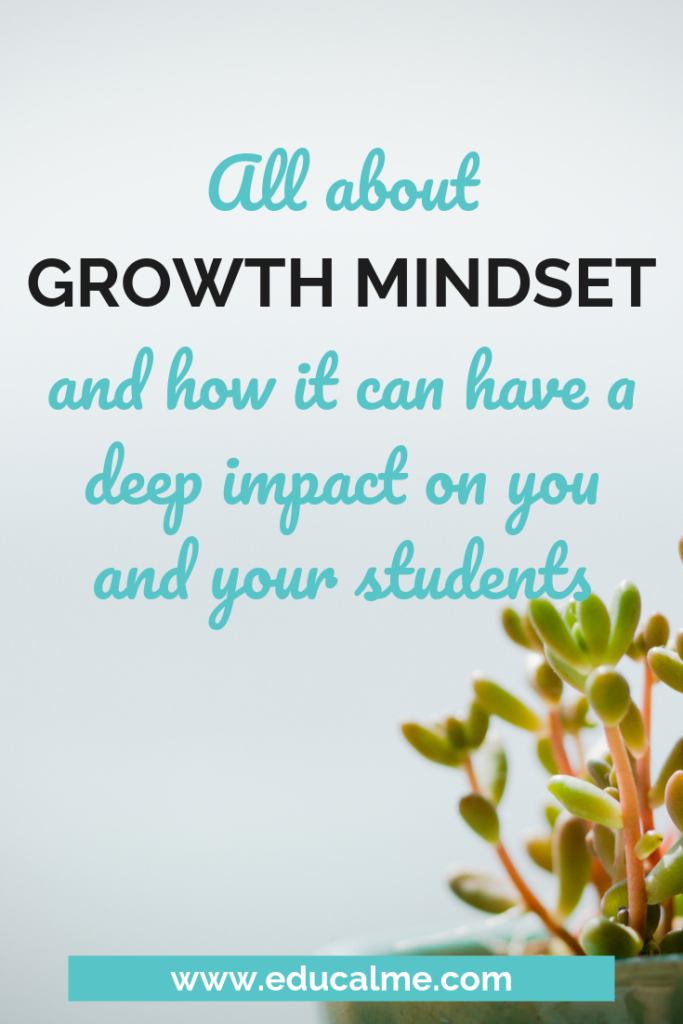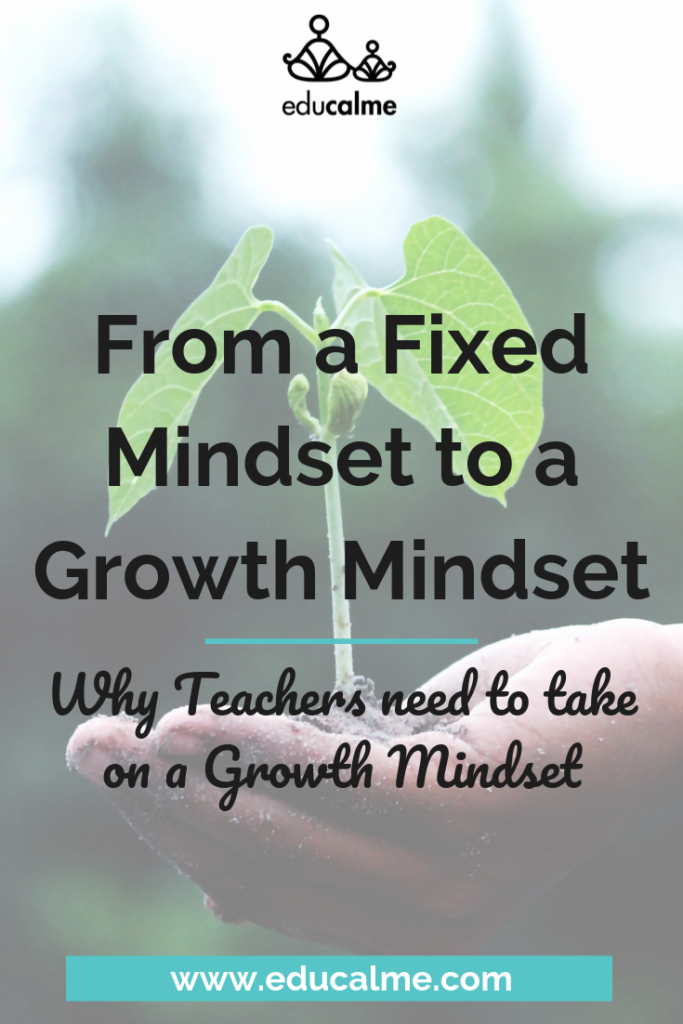I walked into my professor and mentor’s office, embarrassed by the tears streaming down my 19-year-old, exhausted cheeks. I felt bad for coming to her in such an emotional state (I was an adult, after all, I should be able to hold back my emotions), but I didn’t know what else to do. I needed advice.

She offered me a seat and with kindness in her eyes and a tissue in her outstretched hand she asked me what was wrong.
With desperation in my voice, I told her the whole story:
“I stayed up most of the night working on an extra credit assignment for my biochemistry course to make up for my unsatisfactory midterm grade. I’m not good at memorizing, you see, so I don’t do as well on tests as my friends. Assignments are my only chance to boost my marks up to where I want them to be.
Well, anyway, I worked so hard on this assignment in an effort to do well in this class and this morning, due to circumstances beyond my control I got to class 5 minutes late. My professor refused to accept my assignment, even after I explained why I was late. He didn’t care that I worked my butt off on this assignment and he wouldn’t make an exception to his rule.
It just isn’t fair! Is there anything you can say to convince him to accept my assignment? My grade depends on it!”
I looked at her pleadingly, waiting for her to take pity on me and offer to help.
She squared her shoulders and looked me right in the eyes with a mix of compassion and fire and told me something I never expected to hear from a teacher.
I was shocked.
Until that moment I hadn’t even realized that I was measuring my worth by my grades.
This was the first time I was able to step back and ask “Why?”
Why am I studying for this test? Is it to get a good grade or to actually learn the material so it can serve me in the future.
Why am I in this class? Is it to prove that I’m smart or is it to gain a deeper understanding of a subject that interests me?
Why am I striving for good grades? Is it because I want to be able to compare my intelligence to others or am I looking at my grades to inform me of where I still have space to grow and learn?
This was the first time that I realized I had a fixed mindset when it came to my education. A fixed mindset meant that I saw grades as a measure of my fixed intelligence, something that was set in stone. This fixed mindset created an urgency to prove myself over and over and also made me give up easily in areas that didn’t come naturally to me.
I’m so glad I had this experience that shifted me out of a fixed mindset and into a growth mindset. With the growth mindset, I gained the belief that my basic qualities are things I can cultivate through my efforts, my strategies and help from others. A “bad” mark wasn’t a final indication of what I could learn, it was just a reflection of where I was that day and I had a whole life ahead of me to keep on learning.
This experience completely changed how I viewed my education. The beautiful thing was that this shift in perspective actually, inadvertently, helped me to do better in university while getting much more joy out of the learning process.
My experience was just like what Carol S. Dweck, Ph.D. found in her studies on the mindsets of university students and shared in her book Mindset: The New Psychology of Success.
“We found that the students with the growth mindset earned better grades in the course. Even when they did poorly on a particular test, they bounced back on the next ones. When students with the fixed mindset did poorly, they often didn’t make a comeback…The students with growth mindset completely took charge of their learning and motivation. Instead of plunging into unthinking memorization of the course material, they said: “I looked for themes and underlying principles across lectures,” and “I went over mistakes until I was certain I understood them.” They were studying to learn, not just to ace the test. And, actually, this was why they got higher grades- not just because they were smarter or had a better background in science.”
This shift from a fixed to a growth mindset allowed me to enjoy the process of my own education and led me to view learning as a never-ending journey rather than a finish line.
Growth mindset informed my values once I became a teacher and became the foundation of my teaching methods. I chose to teach growth mindset explicitly to my students as well as instill a classroom culture and systems that promoted and fostered growth mindset.
At Educalme, we believe that teaching growth mindset to our students is so important that we have two whole units on growth mindset in Educalme – our online mindfulness program. These units include guided mindfulness audios, student activity booklets, posters, activities and projects – all to teach and instill a growth mindset.
Start sharing growth mindset with your students today with this growth mindset poster from Educalme. It reminds your students that learning is a journey and that each step is important with the phrase “Where I am right now is perfect. I’m learning new things every day.”

If you would like to go deeper on this topic of growth mindset, listen to this episode of The Balanced Educator Podcast.
Show notes:
The Balanced Educator Podcast episode 39. Growth Mindset and Flow for Kids with Author Catherine Greer
A special thanks to our sponsor:

